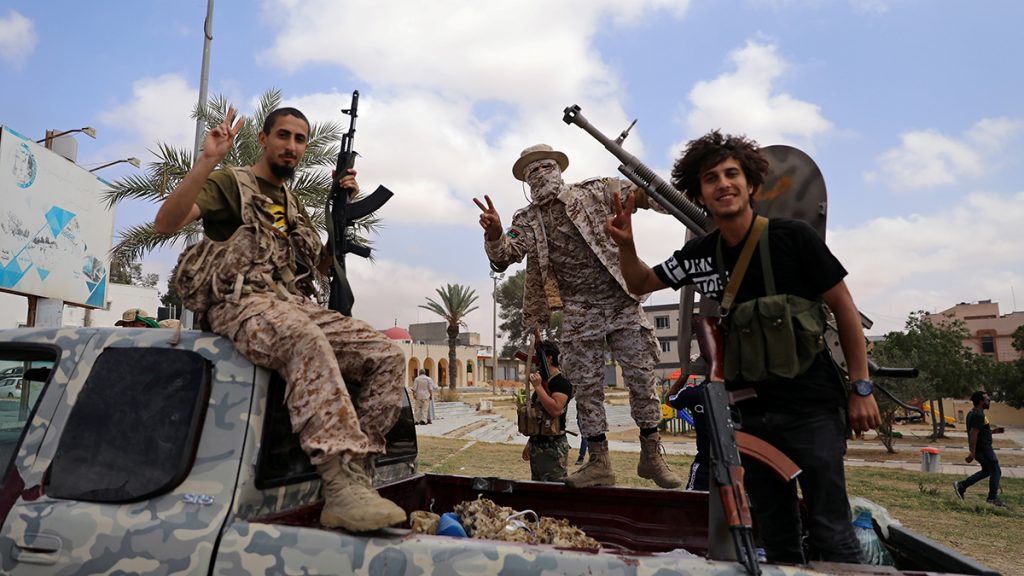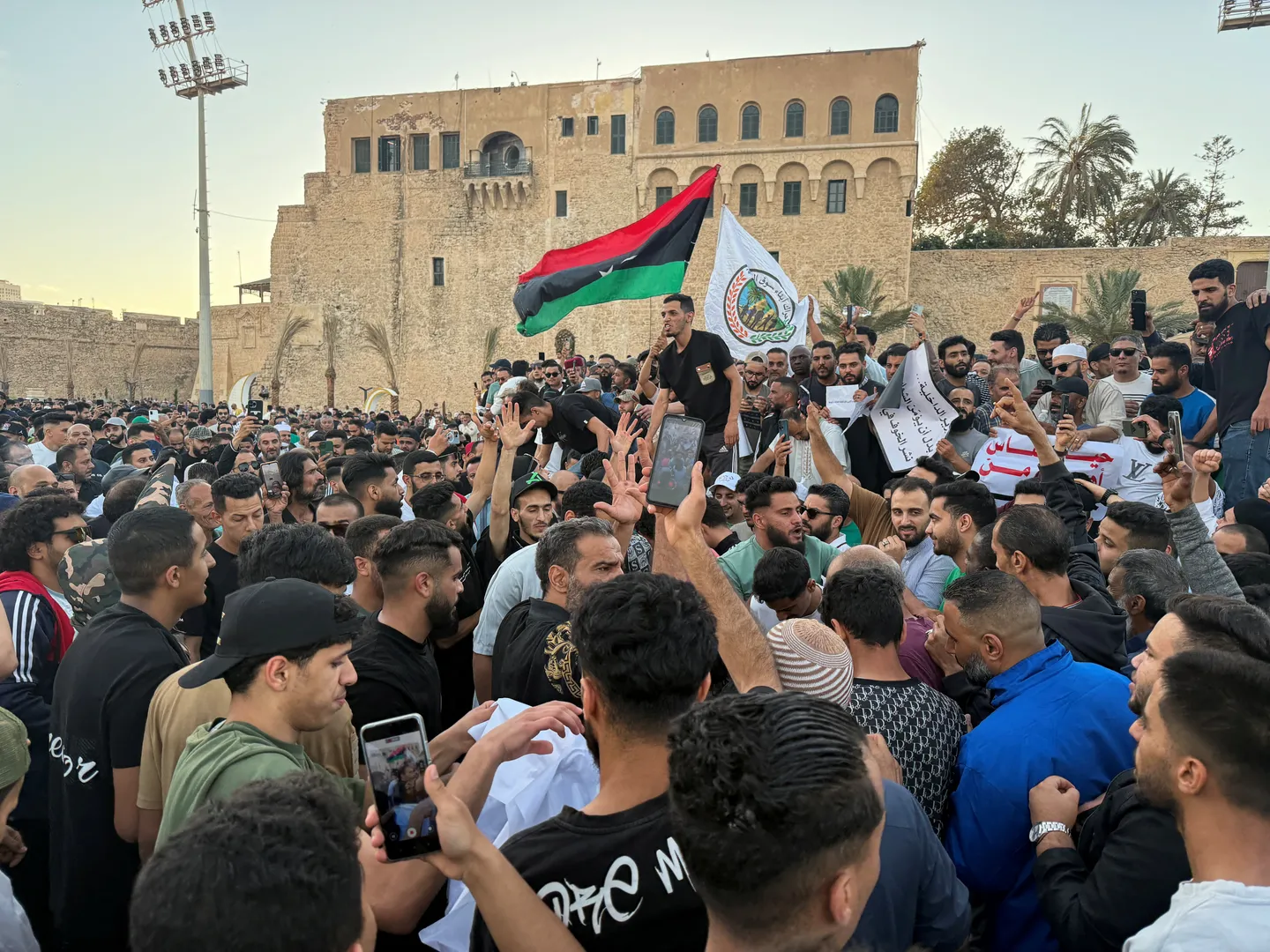In a joint appeal aimed at easing tensions in Libya, Egypt, Tunisia, and Algeria have called on all Libyan parties to immediately end hostilities and work towards holding concurrent parliamentary and presidential elections.
The statement was issued on Saturday, May 31, following a trilateral meeting in Cairo, according to a report by Anadolu Agency.
The meeting brought together Egypt’s Foreign Minister Badr Abdelatty, Tunisia’s Mohamed Ali Nafti, and Algeria’s Ahmed Attaf as part of efforts to revive the three-nation neighbourhood coordination mechanism, which had been inactive since 2019.
In their joint statement, the ministers expressed deep concern over the deteriorating security situation in Libya, especially in the capital, Tripoli, where recent clashes have reignited fears of wider conflict. They urged Libyan factions to show restraint, warning that continued instability could endanger civilian lives and derail the country’s political roadmap.

The ministers underlined the urgent need to advance Libya’s stalled political process by unifying state institutions and holding simultaneous national elections as a way out of the prolonged crisis. They also stressed the importance of regular coordination among neighbouring countries to prevent further violence and instability.
The renewed tripartite mechanism is set to meet periodically, with the next sessions planned for Algeria and Tunisia before the year ends. The initiative signals a renewed regional push for peace after years of political deadlock and violence in Libya.
Tensions in Tripoli have spiked recently, following clashes between forces loyal to the Government of National Unity and rival armed groups.
The broader political landscape remains deeply fractured, with two rival governments operating since 2022: Prime Minister Abdulhamid Dbeibeh’s UN-recognised administration in Tripoli and a competing government led by Osama Hammad in Benghazi, backed by the eastern-based parliament.
Despite repeated international efforts, including UN-led mediation, plans to hold national elections remain stalled, leaving Libya mired in instability more than a decade after the fall of Muammar Gaddafi.


 Trending
Trending 